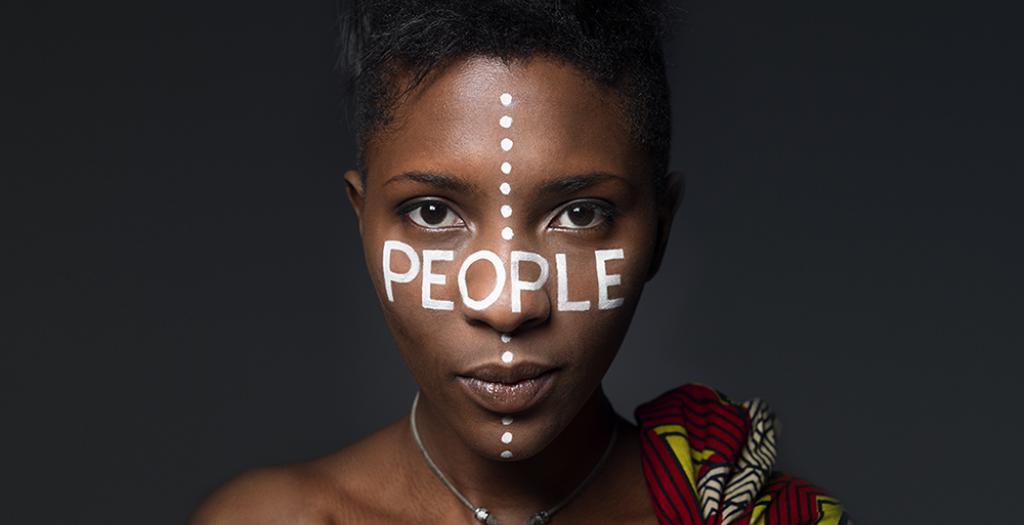Now more than ever: We need LGBTQI allies to ‘come out’
Colin Stewart is a 45-year journalism veteran living in Southern…
Kenyan activist Denis Nzioka celebrates the courage of LGBTQI allies in the struggle for LGBTQI rights — and asks that their voices be more widely heard in conversations about sexuality and human rights for all.
On the Hivos / People Unlimited blog, Nzioka writes:
Now, more than ever, we need allies to ‘come out’

#PrideMonth
Even though international sources recognise East African media as one of the most vibrant in the continent, Lesbian Gay Bisexual Transgender Queer and Intersex (LGBTQI) voices are virtually and deliberately silenced. They are only used for publicity and distraction from the issues that affect the community. Even more non-existent are “ally” voices – persons who, though not identifying as LGBTQI, are equally important, in conversations around sex and sexuality.
We should also celebrate allies
An ally is someone who supports equal civil rights, gender equality, the LGBTQI social movement and oppose systems of oppression that shame LGBTQI persons for who they are.
Allies believe LGBTQI people face discrimination making them socially and economically disadvantaged. They aim to use their position to fight against these injustices by raising awareness on the lived realities of LGBTQI persons, while promoting the human and health rights of all persons.
An ally spearheads conversations we have around LGBTQI rights – to show that the pursuit for human rights is not just something LGBTQI persons or activists are doing on their own, but they have a pool of friends, family and acquaintances who are supporting their efforts.
This year’s IDAHOT theme was ‘Alliances for Solidarity,’ and was chosen to reach out to new partners to raise awareness of our commonalities and build solidarity within the communities of sexual and gender minorities. This clearly showed that the rights of one specific group cannot be solidly secured if the rights of other groups are not challenged.
Allies are uniquely placed to use their spaces and platforms to discuss and promote conversations around sex and sexuality. They are uniquely positioned to inform, direct and promote open dialogues wherever they are. By doing so, they will respond to some of the reservations that the general population may have on Sexual Orientation and Gender Identity or Expression (SOGIE) and LGBTQI.
Everybody deserves to live free from discrimination and violence. Furthermore they deserve the right to grow up being cared for by their families, freely express themselves and simply enjoy humanity. None of us would dispute that except when it comes to those who may identify as being gay or transgender.
We need to change the narrative in East Africa where your choice of sexuality or gender orientation may result in society disowning you. The resulting effect has been witnessed through being forced out of school and subjection to repressive medical/psychiatric procedures to ascertain your mental health. Or even worse take away your choice of bodily expression.
It is our collective responsibility to stand up alongside those persons who identify as gay or transgender. There are those critical allies who have been courageous and brave in doing so. We salute their courage, which we hope will inspire all East Africans to do the right thing as well. It is long overdue.




